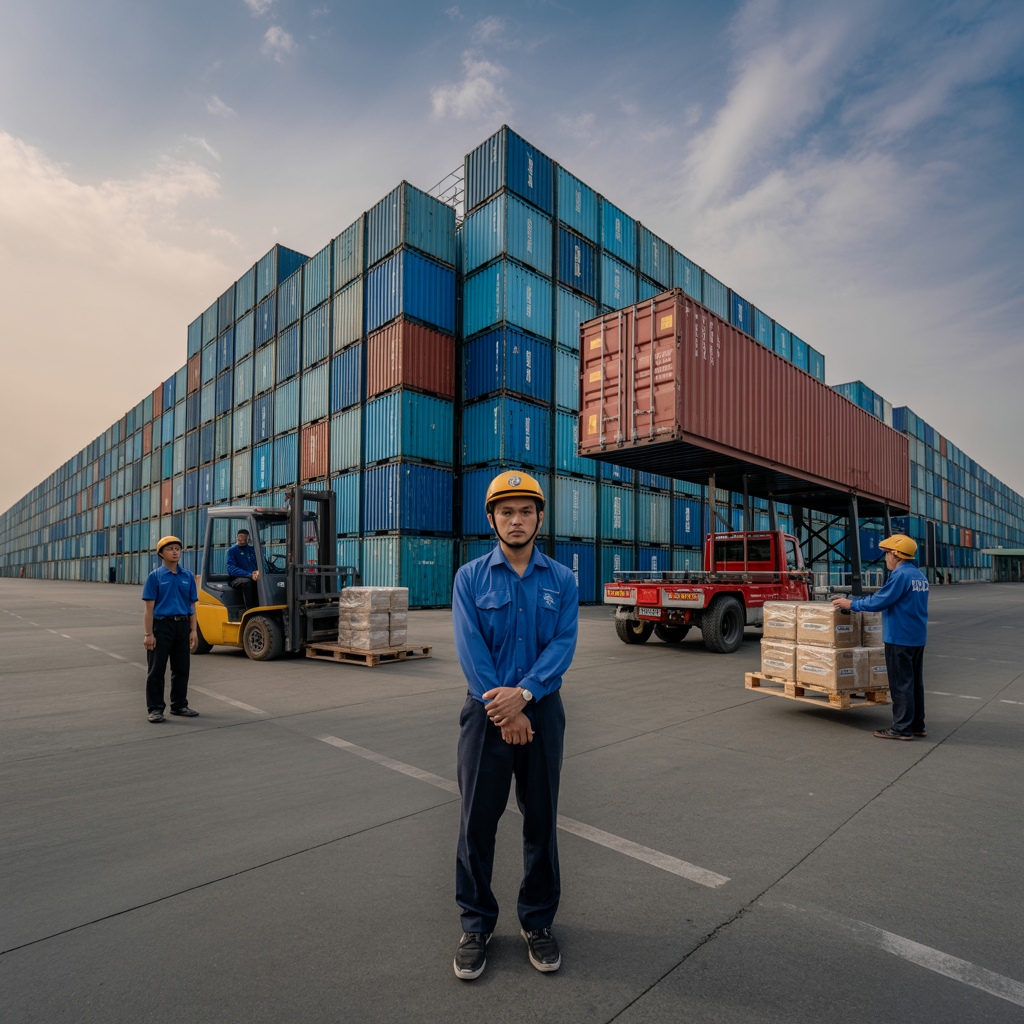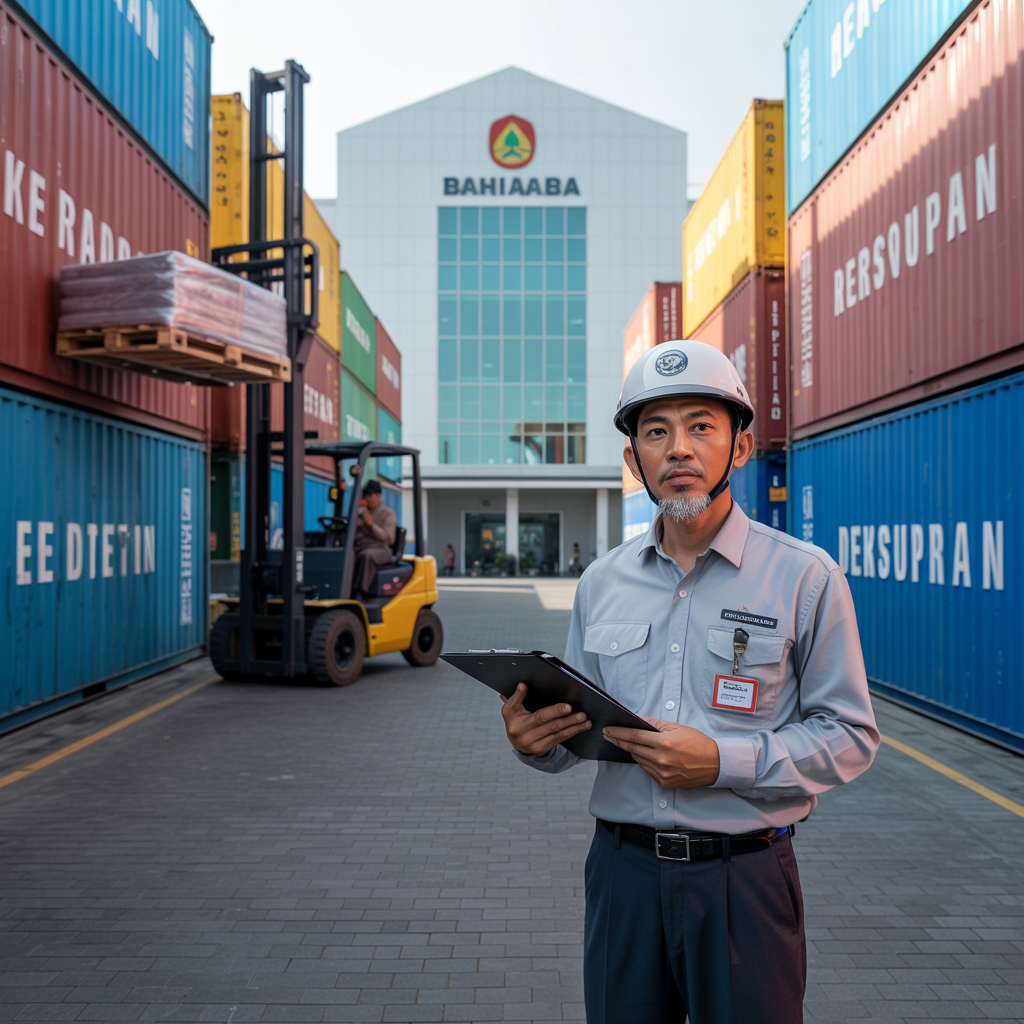The Role of Bonded Zones in Enhancing Export Manufacturing Industries

Bonded zones in Indonesia play a crucial role in enhancing the competitiveness of export manufacturing industries by offering various attractive facilities such as import duty and tax suspensions. As special economic zones, bonded areas are focused on encouraging investment and boosting the production of export-oriented manufactured goods. By promoting production efficiency, companies within bonded zones can export finished products without being subject to import duties or other fees, making it an attractive option for industries with a global market orientation.
Bonded zones offer a variety of benefits for companies engaged in the manufacturing and export sectors. With flexible tax and customs policies, companies enjoy easier cash flow management and operational costs. Additionally, under the latest government regulations up to the year 2025, the licensing and operational processes of bonded zones become simpler thanks to the use of information technology for submission and reporting services. This regulatory update aims to attract more foreign investment and increase the competitiveness of Indonesian products in the international market.
In 2025, there are several key updates regarding bonded zone regulations that have the potential to boost the export manufacturing industry. These include additional fiscal incentives for companies that integrate green technology into their production processes. This regulation also supports sustainability programs by providing tax breaks for companies implementing green economy principles. With this strategy, Indonesia not only targets increased exports and foreign exchange but also participates in reducing the global carbon footprint. This policy is expected to make bonded zones pioneers in sustainable manufacturing industries in the Southeast Asian region.


